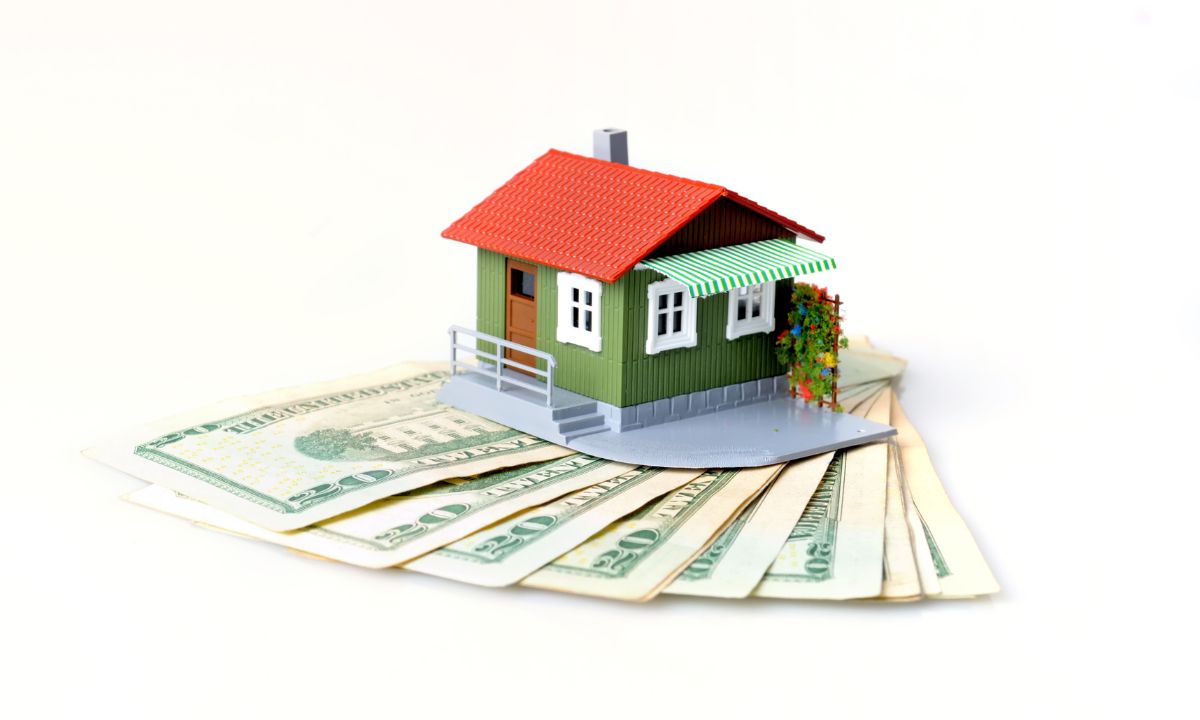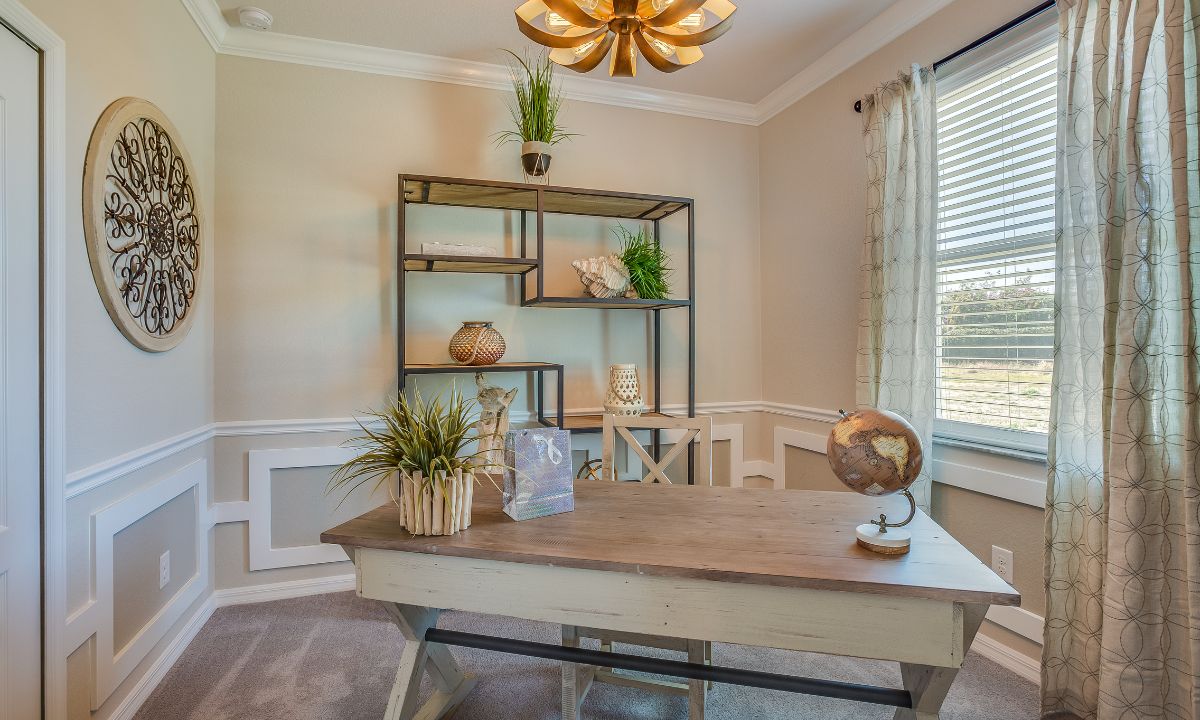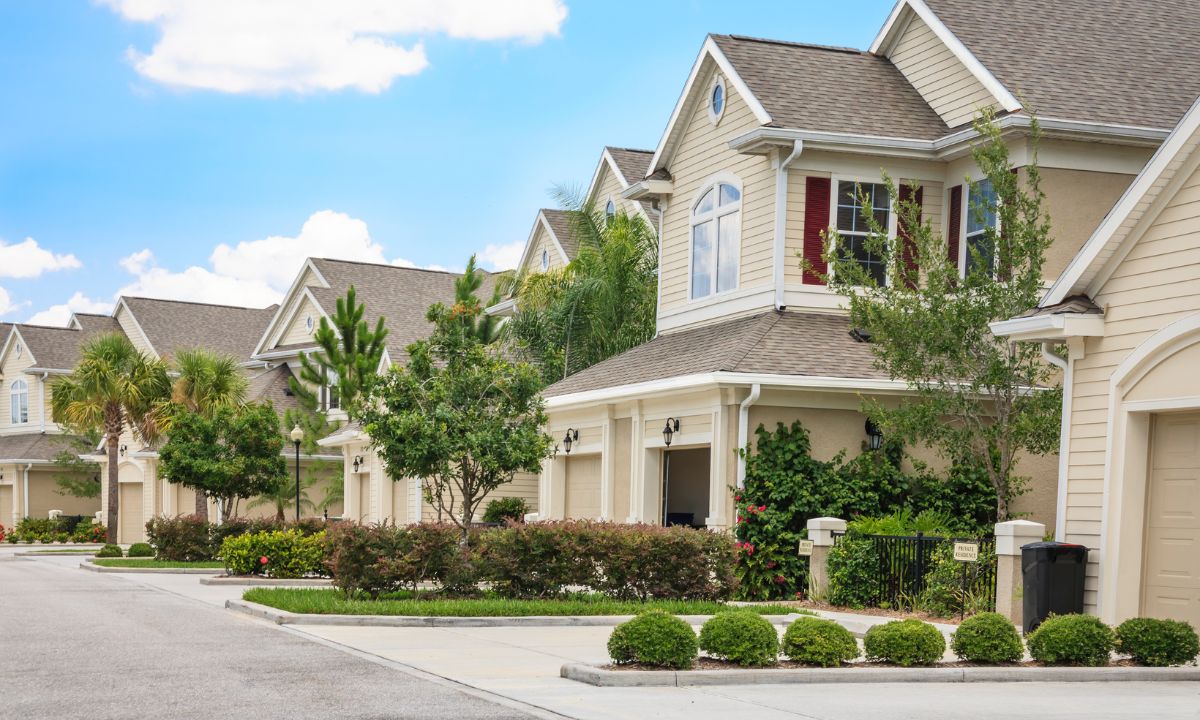 When preparing to sell your home, one critical decision you’ll face is whether to sell it as-is or invest time and money into repairs and updates. The right choice depends on your unique situation, but understanding the implications of each approach can help you make an informed decision.
When preparing to sell your home, one critical decision you’ll face is whether to sell it as-is or invest time and money into repairs and updates. The right choice depends on your unique situation, but understanding the implications of each approach can help you make an informed decision.
The Current Market Landscape
According to a study by the National Association of Realtors (NAR), 61% of home sellers completed at least minor repairs before listing their property. On the other hand, 39% opted to sell their homes as-is. This suggests that while many sellers see the value in sprucing up their homes, a significant portion decides against it due to constraints like time, resources, or personal circumstances.
What Does Selling As-Is Mean?
Selling a home as-is indicates that you won’t be making any repairs before the sale, nor will you entertain post-inspection fixes. Essentially, it’s a “what you see is what you get” transaction.
This option offers convenience and can reduce the stress associated with preparing a home for sale. However, it’s important to recognize the trade-offs:
- Fewer Buyers: Many buyers seek move-in-ready homes and might shy away from properties requiring immediate repairs or updates.
- Lower Offers: Homes in need of work often fetch lower sale prices, as buyers factor in the costs and effort of renovations.
- Longer Time on the Market: Limited buyer interest can lead to extended timeframes for selling your property.
That said, today’s market conditions present an interesting opportunity. With affordability challenges and inventory still below historical norms, 56% of buyers surveyed say they’re open to purchasing homes that need work. For these buyers, the chance to customize a home to their liking is worth the effort.
The Benefits of Making Repairs
Homes that are well-maintained and updated tend to attract more interest, sell faster, and command higher prices. Investing in repairs doesn’t mean you have to undergo major renovations. Small updates, such as fresh paint, minor landscaping, or fixing visible issues, can make a big difference.
Here are some common upgrades that deliver a strong return on investment:
- Painting walls in neutral colors.
- Repairing or replacing worn-out flooring.
- Updating light fixtures or faucets.
- Enhancing curb appeal with basic landscaping.
These improvements can help your home stand out in a competitive market, appealing to buyers who prefer a turnkey property.
How a Real Estate Agent Can Help
Navigating the decision to sell as-is or after repairs is easier with the guidance of a professional real estate agent. An experienced agent will:
- Provide a market analysis to determine how your home compares to similar properties in your area.
- Help you understand the potential return on investment for any repairs or upgrades.
- Offer insights into buyer preferences and market conditions in your local area.
- Strategize an effective marketing plan to highlight your home’s strengths, regardless of its condition.
For homes sold as-is, we will emphasize features like location, size, or layout to ensure buyers see the property’s potential, not just its challenges.
Selling a home as-is or making repairs each comes with advantages and challenges. The right choice depends on your goals, resources, and timeline. To ensure you’re making the best decision for your situation, give us to call so we can provide tailored advice and support. By carefully weighing your options, you can navigate the selling process with confidence.
 Selling a home in winter can be just as successful as selling in any other season, with the right strategy. While colder weather may present unique challenges, there are plenty of opportunities to make your home stand out. If you’re ready to list your home during the winter months, follow these valuable tips to increase your chances of success.
Selling a home in winter can be just as successful as selling in any other season, with the right strategy. While colder weather may present unique challenges, there are plenty of opportunities to make your home stand out. If you’re ready to list your home during the winter months, follow these valuable tips to increase your chances of success. When buying a home, it’s easy to focus solely on the property itself—square footage, curb appeal, layout, and finishes all tend to grab our attention. But what happens outside the property can be just as impactful, especially when new developments are underway nearby. Whether it’s the construction of a new shopping center, school, or transit line, nearby developments can significantly influence property values, sometimes raising them and, in certain situations, leading to complexities. Here’s how developments around your property might shape its value and tips on researching these projects before making a decision.
When buying a home, it’s easy to focus solely on the property itself—square footage, curb appeal, layout, and finishes all tend to grab our attention. But what happens outside the property can be just as impactful, especially when new developments are underway nearby. Whether it’s the construction of a new shopping center, school, or transit line, nearby developments can significantly influence property values, sometimes raising them and, in certain situations, leading to complexities. Here’s how developments around your property might shape its value and tips on researching these projects before making a decision. When purchasing a home, many elements shape the decision-making process, and for countless buyers, school districts are at the top of the list. Quality education access not only influences family decisions but also has a profound impact on property values. Whether you’re a family prioritizing educational opportunities, an investor focused on appreciating assets, or a homeowner thinking about resale value, understanding how school districts affect home values is crucial. This guide explores the connections between school districts and property values, delving into buyer priorities, market demand, community stability, investment potential, and resale value.
When purchasing a home, many elements shape the decision-making process, and for countless buyers, school districts are at the top of the list. Quality education access not only influences family decisions but also has a profound impact on property values. Whether you’re a family prioritizing educational opportunities, an investor focused on appreciating assets, or a homeowner thinking about resale value, understanding how school districts affect home values is crucial. This guide explores the connections between school districts and property values, delving into buyer priorities, market demand, community stability, investment potential, and resale value. When selling your home, even minor repairs can make a big impact on its value and appeal to buyers. Addressing small issues before listing your property can help you stand out in the market and potentially increase your sales price—without needing to spend much. Here are some small but effective repairs that can help you make a lasting impression on buyers.
When selling your home, even minor repairs can make a big impact on its value and appeal to buyers. Addressing small issues before listing your property can help you stand out in the market and potentially increase your sales price—without needing to spend much. Here are some small but effective repairs that can help you make a lasting impression on buyers. When purchasing or selling a property, the title company plays a crucial role in ensuring that the transaction proceeds smoothly. A significant part of this process involves completing a Statement of Information (SOI), which helps the title company distinguish between individuals with similar names. This step is essential to protect all parties involved and ensure a clean title transfer.
When purchasing or selling a property, the title company plays a crucial role in ensuring that the transaction proceeds smoothly. A significant part of this process involves completing a Statement of Information (SOI), which helps the title company distinguish between individuals with similar names. This step is essential to protect all parties involved and ensure a clean title transfer. When selling a home, staging can be the key to a faster sale. It helps buyers imagine living in the space and showcases the home’s best features. Here are five simple tips to stage your home and make it more appealing:
When selling a home, staging can be the key to a faster sale. It helps buyers imagine living in the space and showcases the home’s best features. Here are five simple tips to stage your home and make it more appealing: When buying a home, there are many expenses to think about, title insurance might seem like just another one on the list. Conversely, this investment is important and can save you a lot of stress and money in the long run. Here’s why the cost of title insurance is well worth it.
When buying a home, there are many expenses to think about, title insurance might seem like just another one on the list. Conversely, this investment is important and can save you a lot of stress and money in the long run. Here’s why the cost of title insurance is well worth it. When you’re searching for a home, knowing the state of the local market is essential. Whether it’s a buyer’s or seller’s market can influence everything from price negotiations to how quickly homes sell. So, how can you tell if your dream neighborhood is favoring buyers? Here are some useful tips to help you gauge the market:
When you’re searching for a home, knowing the state of the local market is essential. Whether it’s a buyer’s or seller’s market can influence everything from price negotiations to how quickly homes sell. So, how can you tell if your dream neighborhood is favoring buyers? Here are some useful tips to help you gauge the market: Buying your first home is an exciting milestone, but it can also feel overwhelming. One critical step in the home-buying process is the home inspection. An inspection is a complete examination by a professional home inspector and ensures the property is in good condition and helps you avoid costly surprises. What exactly does a home inspector look for in a home you want to buy? Let’s break it down.
Buying your first home is an exciting milestone, but it can also feel overwhelming. One critical step in the home-buying process is the home inspection. An inspection is a complete examination by a professional home inspector and ensures the property is in good condition and helps you avoid costly surprises. What exactly does a home inspector look for in a home you want to buy? Let’s break it down.